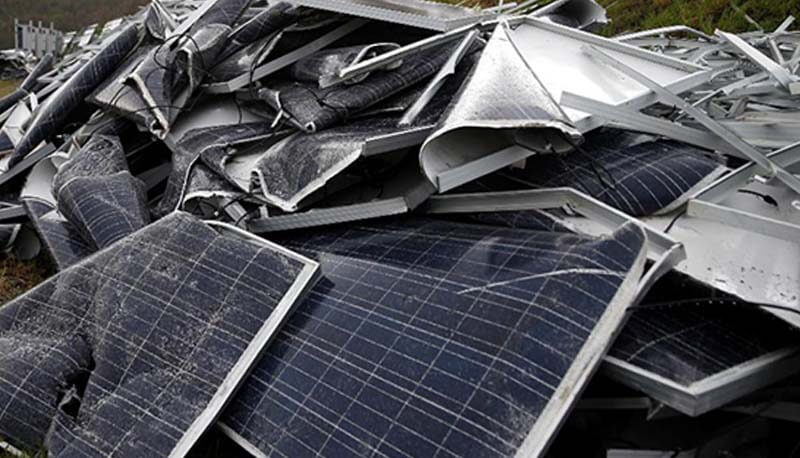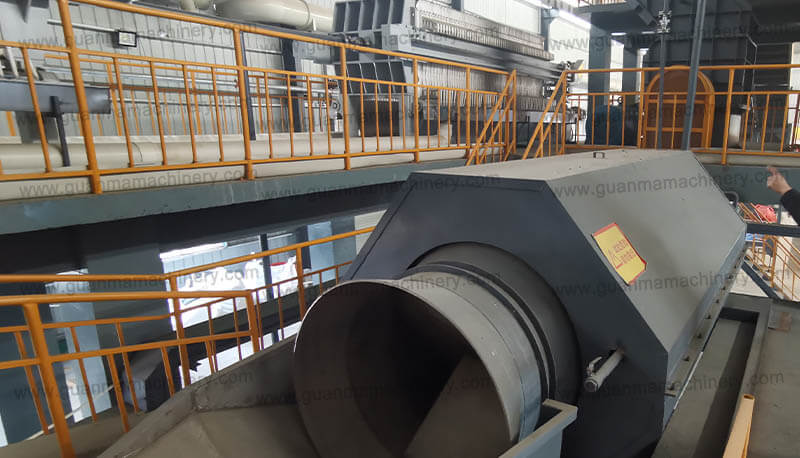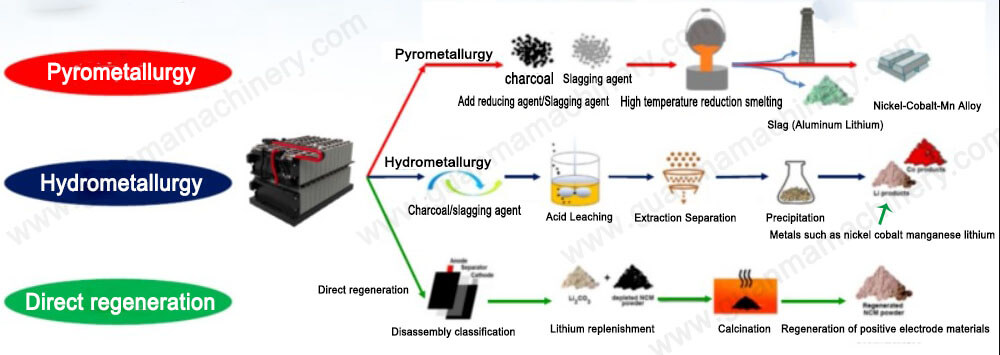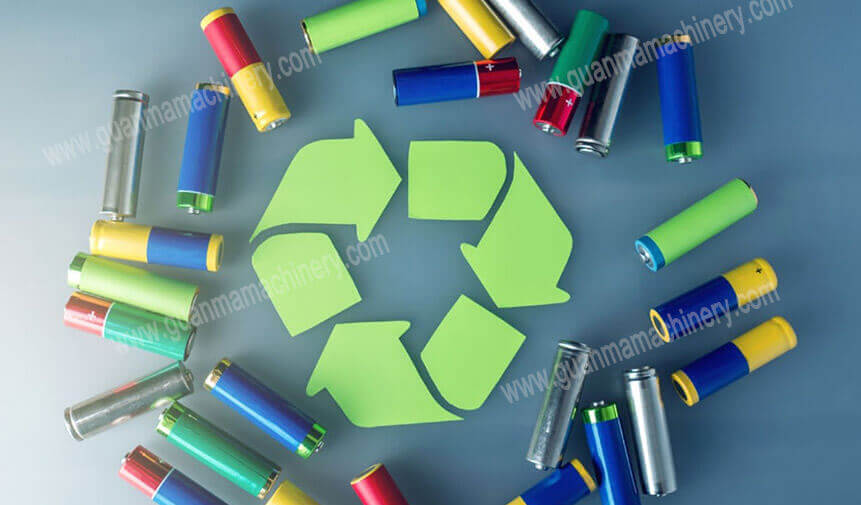Can You Make Money Recycling Lithium Batteries? The burgeoning demand for electric vehicles (EVs) and portable electronic devices has sparked a corresponding need for efficient recycling solutions. This raises an important question for entrepreneurs and investors: Can you make money recycling lithium batteries? The answer lies in understanding the dynamics of the lithium battery recycling industry and the potential profitability it offers.
Recycling lithium batteries is not only an environmentally responsible practice but also a financially rewarding business opportunity. The value lies in the recovery of precious metals and materials used in lithium-ion batteries, such as lithium, cobalt, nickel, and manganese. These materials are in high demand due to their critical role in manufacturing new batteries for EVs and other electronic devices.
The first step to profitability in the lithium battery recycling business is the initial investment. Setting up a recycling plant requires significant capital, typically ranging from $1 million to $10 million. This investment covers advanced machinery, technology for efficient lithium extraction processes, and the necessary infrastructure. While the upfront costs are substantial, the potential return on investment is high, driven by the increasing market demand for recycled battery materials.
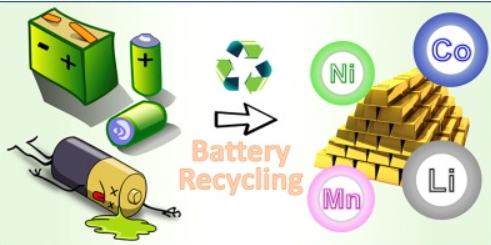
Operational efficiency is another key factor in making money from lithium battery recycling. Utilizing cutting-edge technology can optimize the recycling process, reducing waste and operational costs. Automation and advanced sorting techniques can enhance the recovery rates of valuable materials, ensuring that the maximum amount of lithium and other metals are extracted from each battery.
Market demand plays a crucial role in profitability. With the global shift towards renewable energy and electric transportation, the demand for lithium and other battery materials is expected to soar. This trend ensures a steady supply of spent batteries needing recycling and a robust market for the recycled materials. Additionally, regulatory frameworks in many regions are becoming more supportive, offering incentives and subsidies for recycling businesses, which can further enhance profitability.
Another avenue for revenue generation is the sale of by-products generated during the recycling process. For instance, black mass, a mixture of lithium, cobalt, and other materials, can be sold to manufacturers who refine it further for reuse in new batteries. By capitalizing on every aspect of the recycling process, businesses can create multiple revenue streams.
In conclusion, making money recycling lithium batteries is not only feasible but increasingly profitable as market demand and technological advancements continue to evolve. By investing in state-of-the-art recycling technology and optimizing operational processes, businesses can tap into the lucrative market of recycled battery materials, contributing to environmental sustainability while achieving significant financial returns. The future of the EV battery recycling business looks bright, with ample opportunities for growth and profit.

